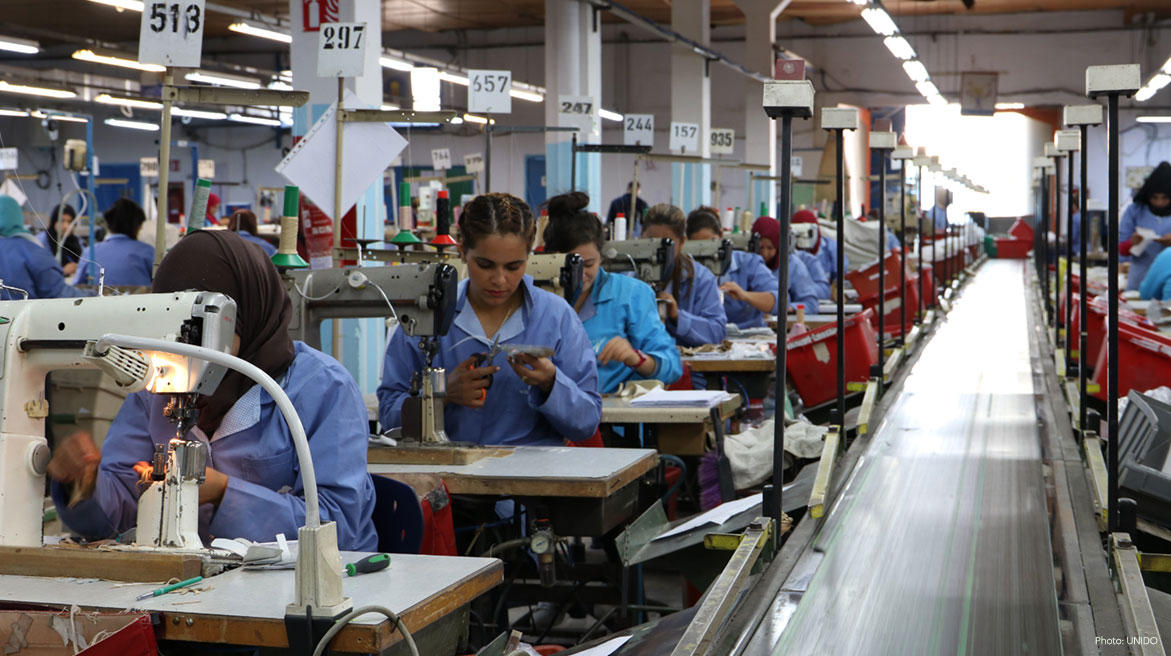Morocco is one of three African countries driving expansion in private, commercial, and military aviation, presenting lucrative opportunities on a global scale, according to a Forbes report released on Friday.
Africa’s aviation industry is experiencing significant growth, with Morocco, Nigeria, and South Africa at the forefront of this upward trajectory, the report says.
Morocco’s aviation sector has experienced remarkable growth, with Airbus, which is operating in Morocco, forecasting a 3.6% annual growth in demand for passenger traffic from 2023 to 2042.
Forbes ascribes this expansion to the country’s advantageous location and investment-friendly environment, saying Morocco’s investment-friendly climate and advantageous location close to both Europe and the rest of Africa make it an attractive setting for international aviation businesses, including aircraft manufacturing.
The Forbes piece cited additional motives for investing in Morocco’s aviation industry, such as the country’s cultural values, which it deemed to be rich and varied as well as Morocco’s open sky policy, which encourages foreign investment and partnerships, creating opportunities for healthy growth in the aviation sector.
The aviation industry exported more than MAD 20 billion in 2022, nearly double the MAD 15.4 billion recorded in 2021 and MAD 12.6 billion in 2020, according to figures from the exchange office.
Moroccan airports served more than 12 million passengers in the first half of 2023, marking an important milestone, according to The National Office of Airports (ONDA).
Domestic traffic had a recovery rate of about 83% from 2019 levels and the 2023–2037 program of the Moroccan carrier Royal Air Maroc is expected to bring in 17.5 million tourists, generate 120 billion dirhams in foreign exchange, create 80,000 direct jobs and 120,000 indirect jobs, and improve the tourism sector’s capacity to attract funding and establish new businesses.
The Forbes report outlines best practices for companies seeking to invest in Morocco’s aviation sector, including taking advantage of the open sky policy, investing in local partners, encouraging hard- and soft-skill development in the workforce, and urging infrastructure investment.
The challenges of doing business in Morocco include language barriers and differing regulatory frameworks. To overcome these obstacles, the report advises companies to recruit local specialists, and to take time to build relationships and therefore, trust, to help navigate language issues and overcome bureaucratic hurdles.
The rise of Morocco, Nigeria, and South Africa in the aviation industry reflects Africa’s expanding economies, urbanization, and a burgeoning middle class with increased spending power. Such growth presents a unique opportunity for entrepreneurs and businesses to tap into the rapidly growing market on the continent, which is becoming a significant player in the industry. This shift predicts Africa’s increasing significance on the world stage and highlights the potential of its economies and people.



